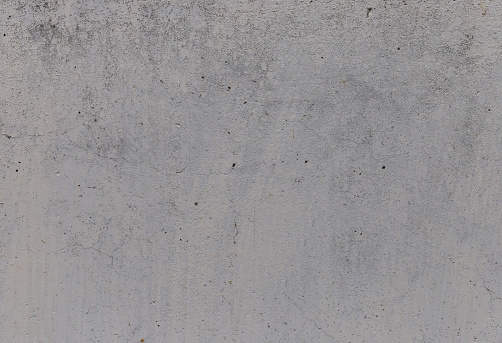High-Strength Steel Bars in Earthquake-Resistant Reinforced Concrete T-Shaped Walls

Six large-scale reinforced concrete T-shaped slender walls were tested under reversed cyclic loading to study the effects of reinforcing bar mechanical properties on wall deformation capacity. Effects on lateral stiffness and hysteretic energy dissipation were also quantified. Primary variables included reinforcement yield stress and the ratio of tensile-to-yield strength (ft/fy). An additional aim of the tests was to determine the minimum uniform elongation (strain at peak stress) and fracture elongation required of highstrength reinforcing bars for use in earthquake-resistant structures. The walls were not subjected to axial loads other than the weight of the loading apparatus and self-weight.
The T-shaped walls, with a specified concrete compressive strength of 8 ksi (55 MPa), had a 100 in. (2540 mm) long stem joining a single 100 in. (2540 mm) long flange, both 10 in. (254 mm) thick. All walls had a nominal shear span of 300 in. (7620 mm). The control specimen T1 was constructed with conventional Grade 60 (420) reinforcement (where Grade corresponds to the specified yield stress of reinforcement). Walls T2, T3, T4, and T6 were constructed with Grade 100 (690) reinforcement and T5 with Grade 120 (830) reinforcement. Test results showed that regardless of the reinforcement grade, walls designed for similar flexural strength using longitudinal reinforcement with ft/fy between 1.18 and 1.39, uniform elongation not less than 6%, and fracture elongation not less than 10% had similar strengths and drift ratio capacities. The effective initial stiffness and hysteretic energy dissipation index for walls with high-strength reinforcement (T2 through T6) were approximately 70%, on average, of those for the wall with conventional reinforcement (T1).
Publisher
ACI Structural Journal